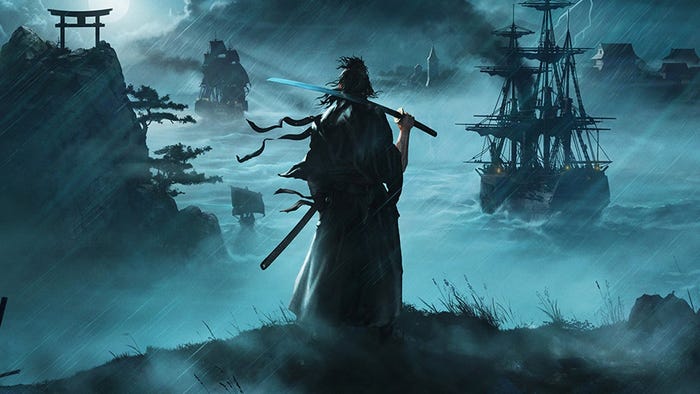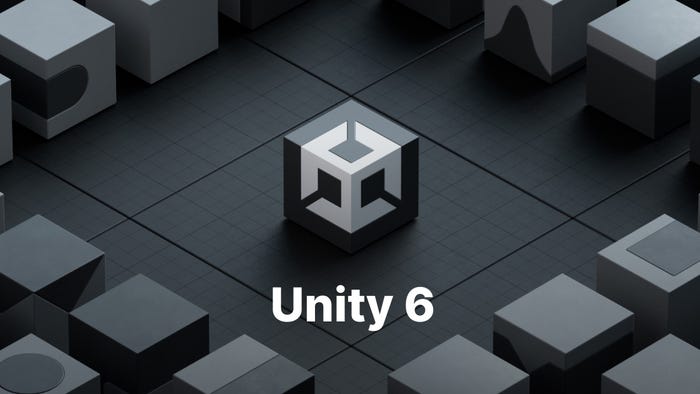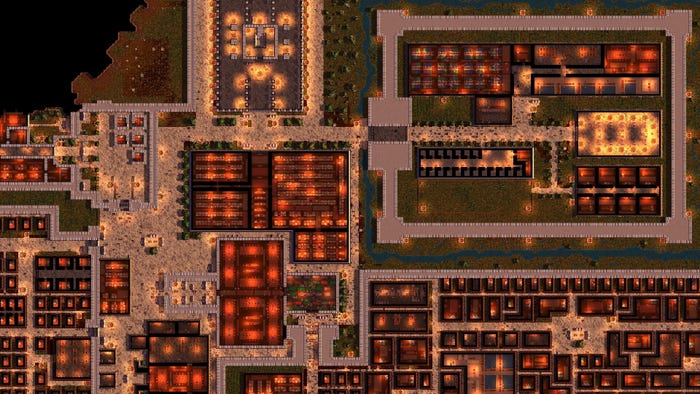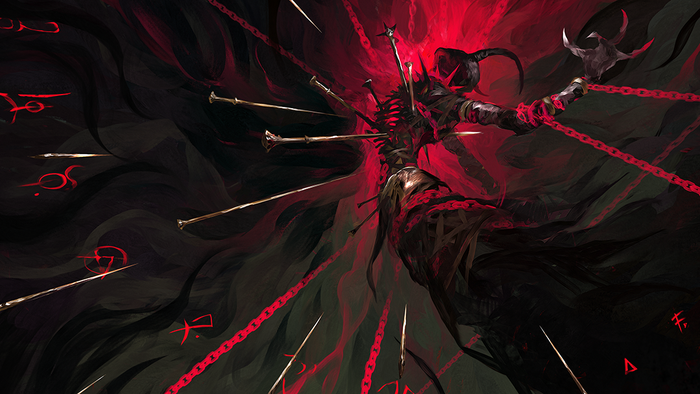
Featured Blog | This community-written post highlights the best of what the game industry has to offer. Read more like it on the Game Developer Blogs.
Creating Winning Video Game Theme Songs – Part 2
A second article in my series about vocal theme songs in video games. In this post I showcase a recent project and feature work-in-progress audio examples to illustrate points about approaching the project.

This is a follow-up post to my earlier article about the topic of working on theme songs in games.
Since 2014 I’ve continued writing and producing vocal theme songs for video games, and it has become something I’m most passionate about. I’m focusing specifically on songs with vocals and lyrics within a larger piece of multimedia. With games sometimes the music is used during the title screen, sometimes on the ending screen, or it could be featured during another type of cut scene. It’s not interactive and there are no sound effects. The focus is on the words and music rather than gameplay.
Seasons Of The Wolf (the project I wrote about last time) went on to win an award from a game review site, and I’ve continued building my relationships with the team from that project. While working on the RPG Cursed Lands, I had the opportunity to pitch a creative theme song concept based on the game scenario. The game is about a castle that’s been cursed, so the concept was a medieval bard in a tavern singing about a lonely castle. Here’s my early demo using placeholder sounds:
Approach to Singing
This song marks the 10th project that Boossara and I have collaborated on since we began working together in 2012. Now a veteran of these kinds of projects, she has strong thoughts on what makes performing theme songs unique.
 “The difference in performance for what I do for theme song recordings has a lot to do with the character and instrumentation. In the theme songs, I get inspired from reading about the story, seeing the art from the game, and getting an understanding about the character I'm performing in the music. I find that with theme songs, it’s a fun and imaginative way of being able to explore different worlds.”
“The difference in performance for what I do for theme song recordings has a lot to do with the character and instrumentation. In the theme songs, I get inspired from reading about the story, seeing the art from the game, and getting an understanding about the character I'm performing in the music. I find that with theme songs, it’s a fun and imaginative way of being able to explore different worlds.”
I did very little pitch editing on the vocals, and I asked the singer to sing the chorus 3 times. The way the orchestral strings build with the song, I felt that building the vocals emotionally would be more effective than getting a “perfect” chorus to copy and paste 3x. As with any kind of vocal pop music, 90% of the listener’s attention is on the vocals, so getting a compelling vocal performance is key.
Live Instruments vs Samples
Visual art that’s almost real, but not quite, produces a divisive “uncanny valley” reaction, so similarly musical instruments played perfectly by a computer can make a listener feel uncomfortable. In this song with so much emphasis on the guitar performance, the MIDI guitar had the same uncanny quality to it which held the piece back from being fully enjoyable and finished.
When I showed the song to veteran game musician George Sanger, he expressed interest in tracking live guitar to replace the MIDI and make it “breathe” more naturally. You can hear the difference yourself in this comparison from the version with samples and the final version. Composers are skilled at writing music, but live musicians have a better understanding of their instrument. It’s especially apparent during the ending when the tempo gradually slows down.
As George wisely articulated “The most conspicuous places where MIDI-triggered samples fall short are in the nuance and feel of live musicians playing off each other in a space, and in the ability to produce the human voice convincingly.”
Changing Technology and Business
In an era when Steam is populated with thousands of games, it’s important to stand out. Good musical / lyrical hooks come from good concepts. The more the creators understand about their own project and apply critical thinking the more chance it has to shine.
With the rise of music streaming services like Spotify, fans and listeners are buying fewer digital downloads and albums. However Let’s Play videos and other content sources that stream video games do provide an additional revenue stream. In one project I worked on I’ve earned more money from streaming videos on YouTube than from sales of the song.
Why are theme songs valuable?
Since 2014 music and video games have continued to evolve, but in the western countries using theme songs like this is still relatively niche. To me asking the question of “why are songs good in games” is like asking why they’re good in movies, television, radio, theater or other creative platforms. If you look at games in Asia then the merits of the theme song are not up for debate.
George came up with a great analogy using interactive experiences in Disney Land: “People can take a while to buy into an experience because they don't know what's expected of them. Music communicates quickly what the story is, the emotional expectations and novelties and benefits of what they are participating in. You see fire and looting all around Pirates of the Caribbean, but you know that these pirates are "loved by their mommys and dads."
According to the client in this project (Winter Wolves) there are two huge benefits: The first is that the extra PR / marketing from the song and the artist on social media contributes to the overall promotional impact. The second is that the theme song helps with brand recognition, since players immediately associate a song to a game. For me what remains the same is that these projects are a team effort. When the developer/publisher, the artist and the composer all work together to support an awesome project then everybody wins.


Read more about:
Featured BlogsAbout the Author(s)
You May Also Like









